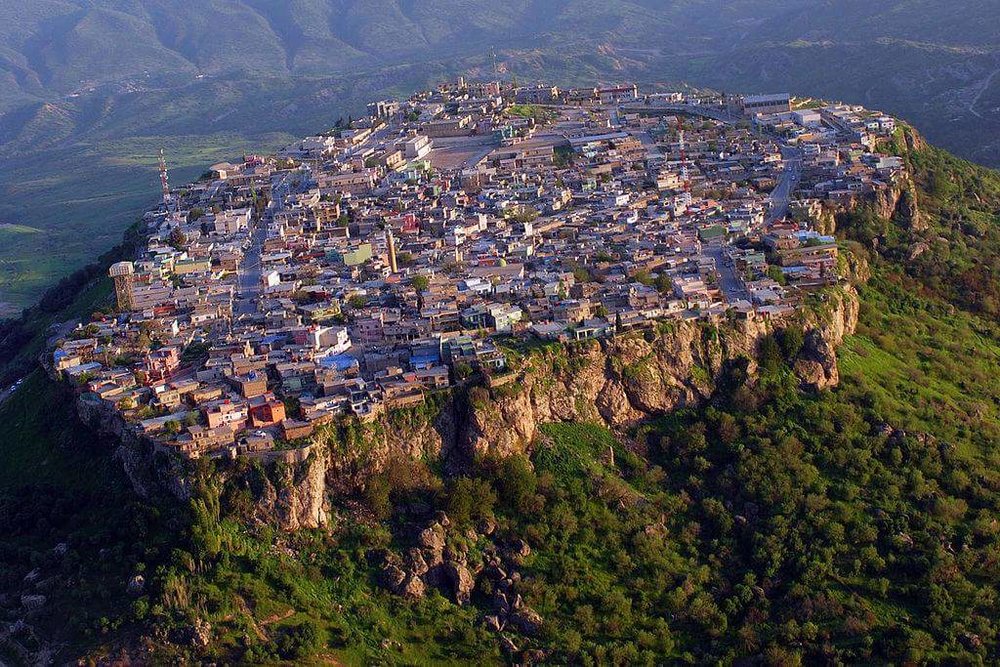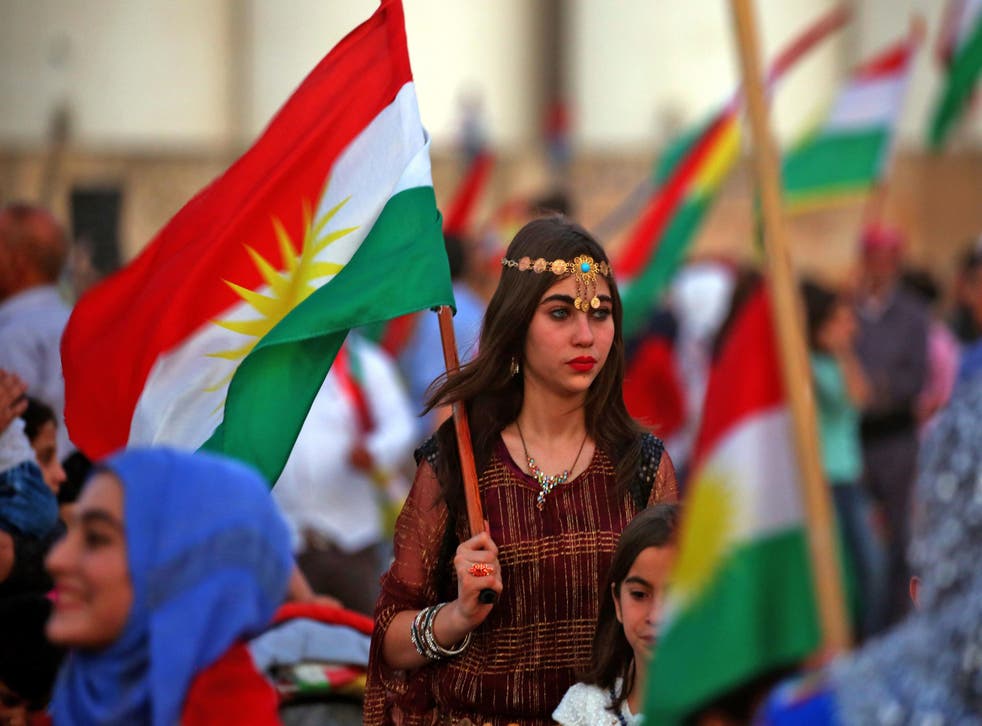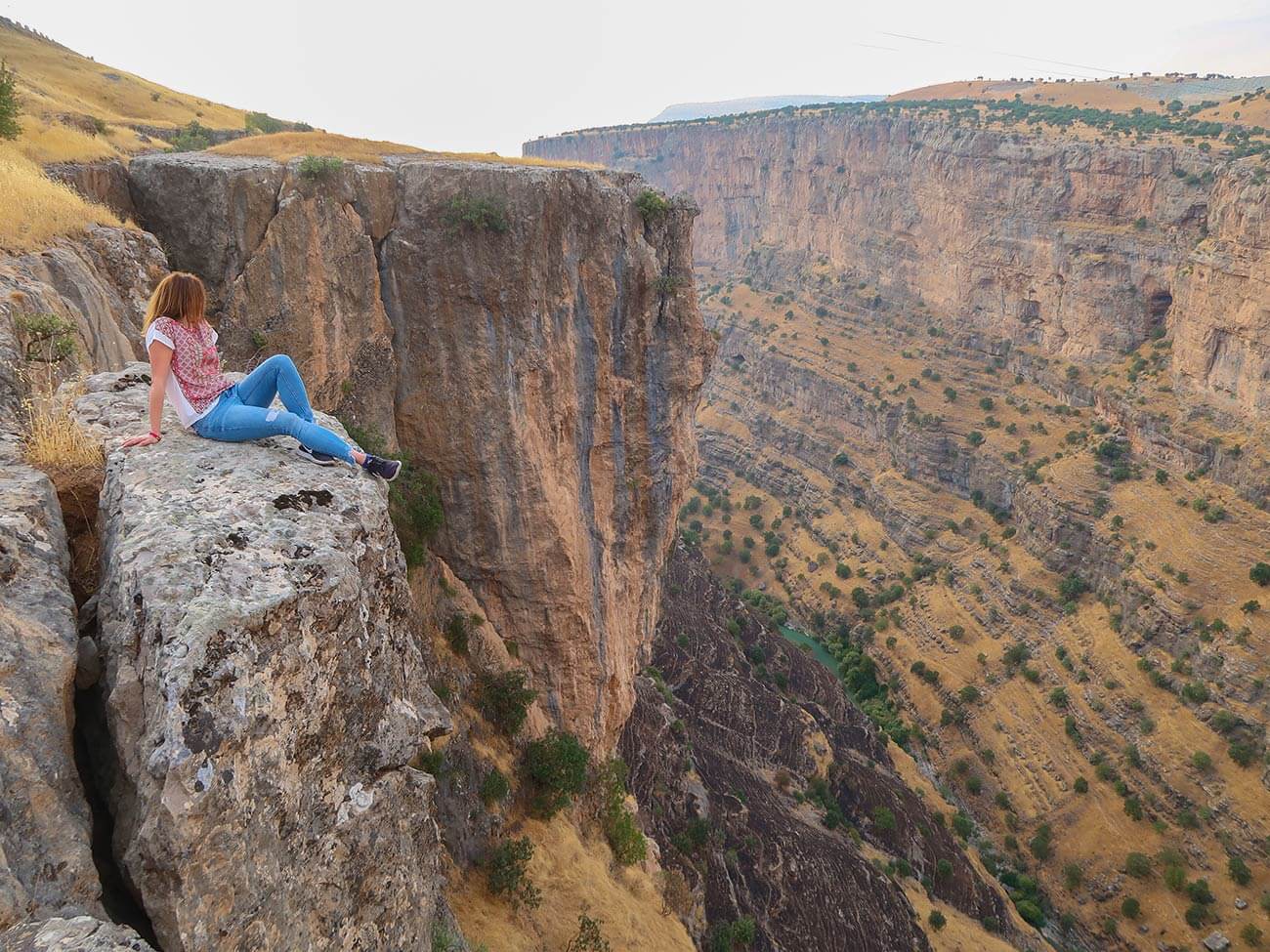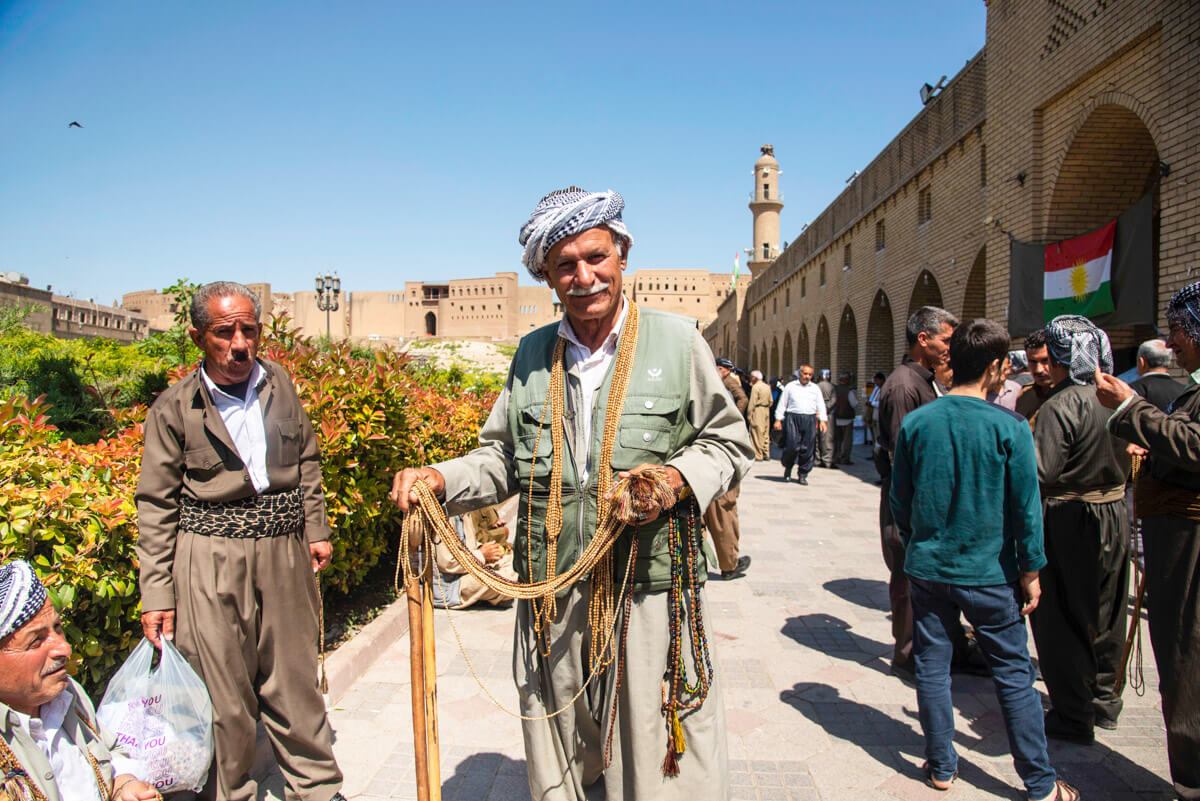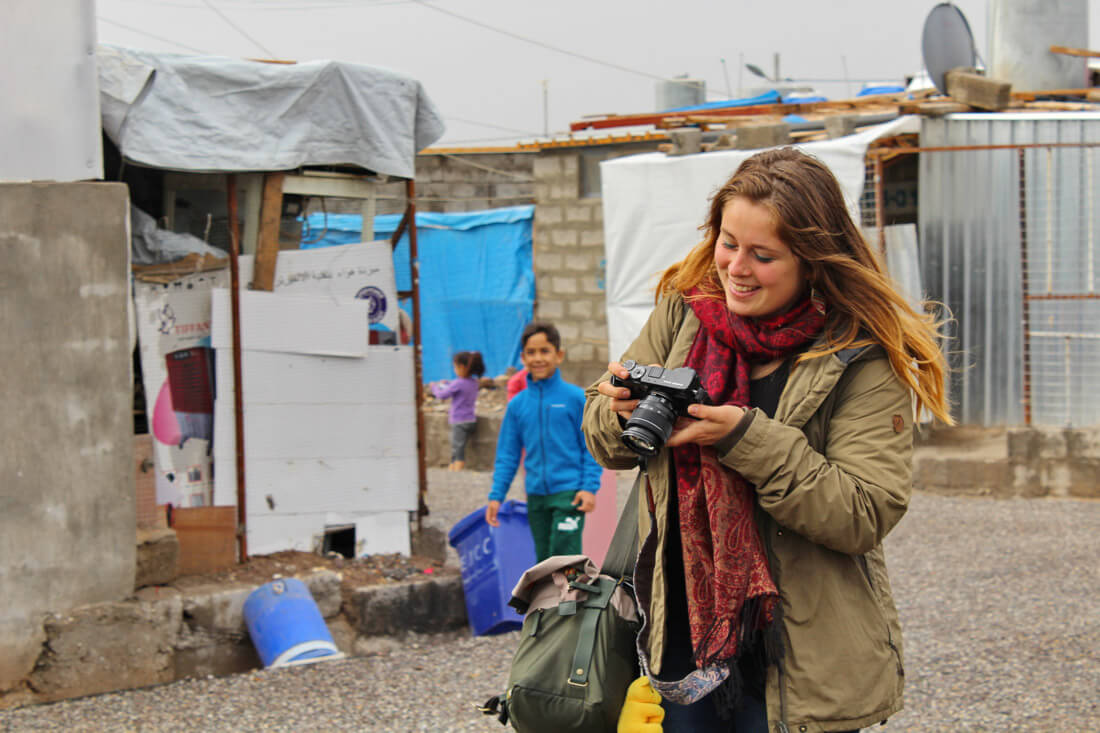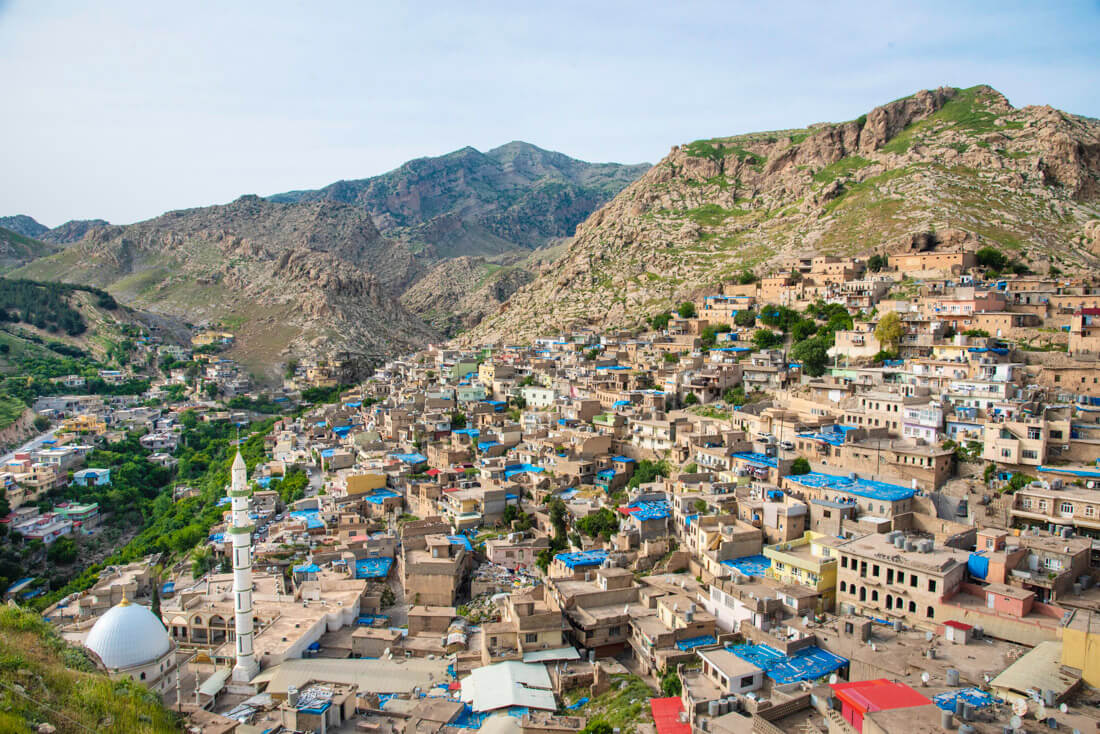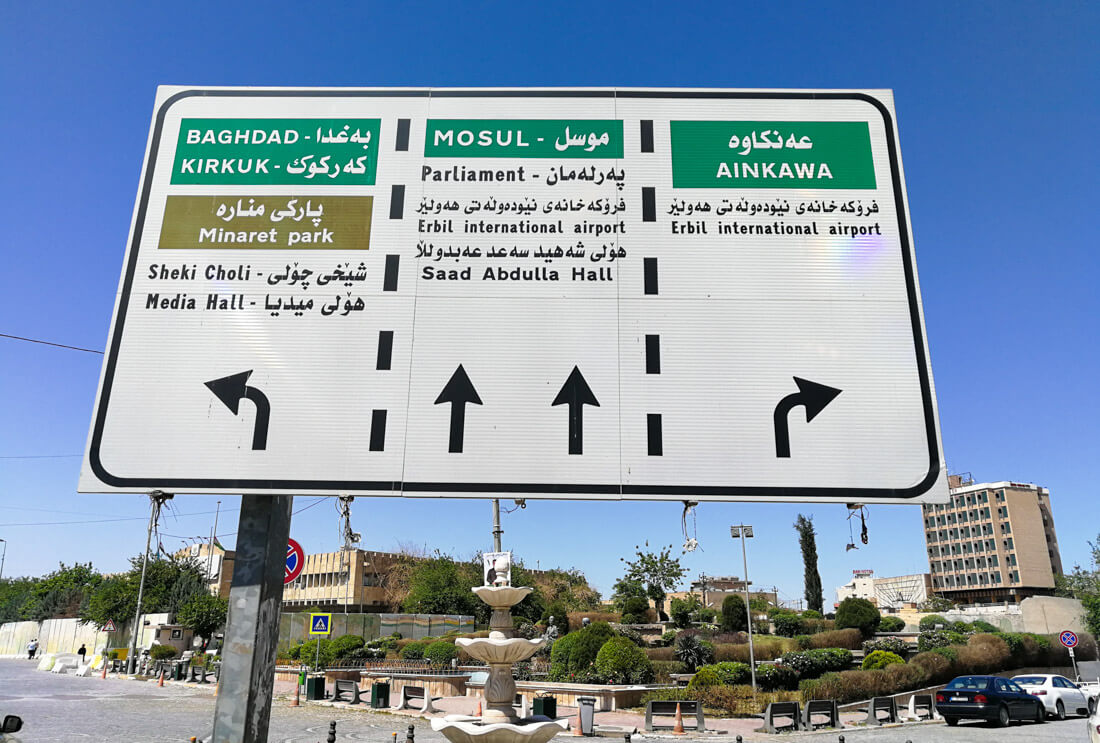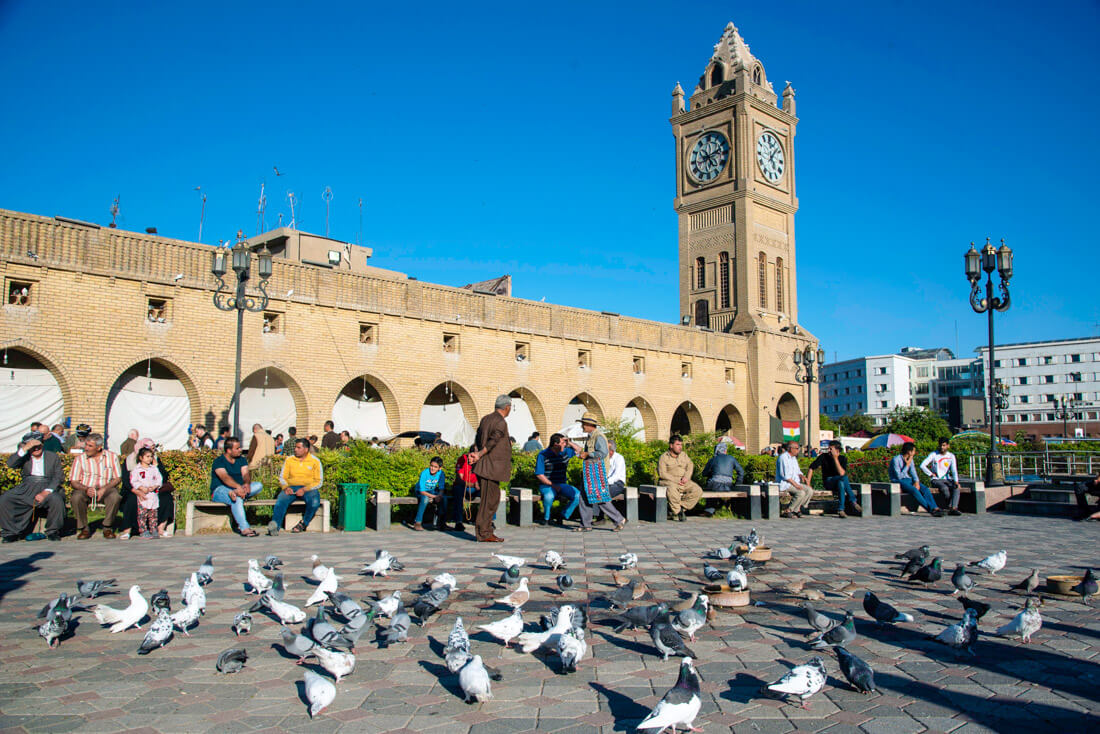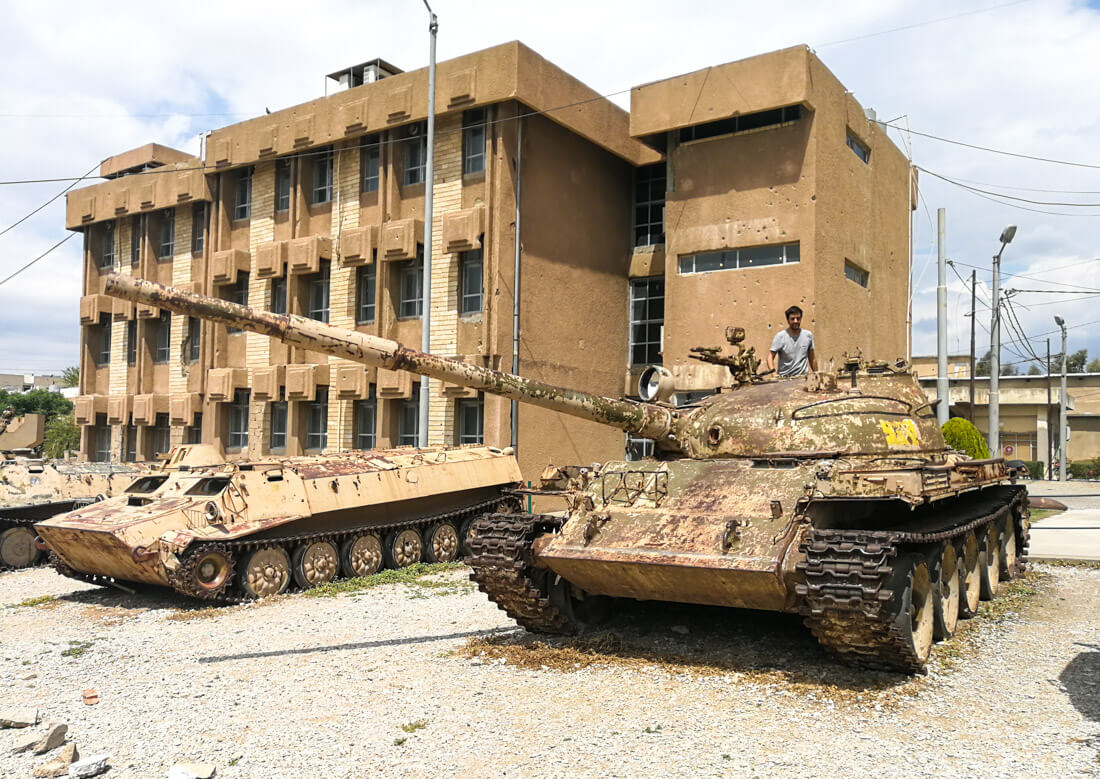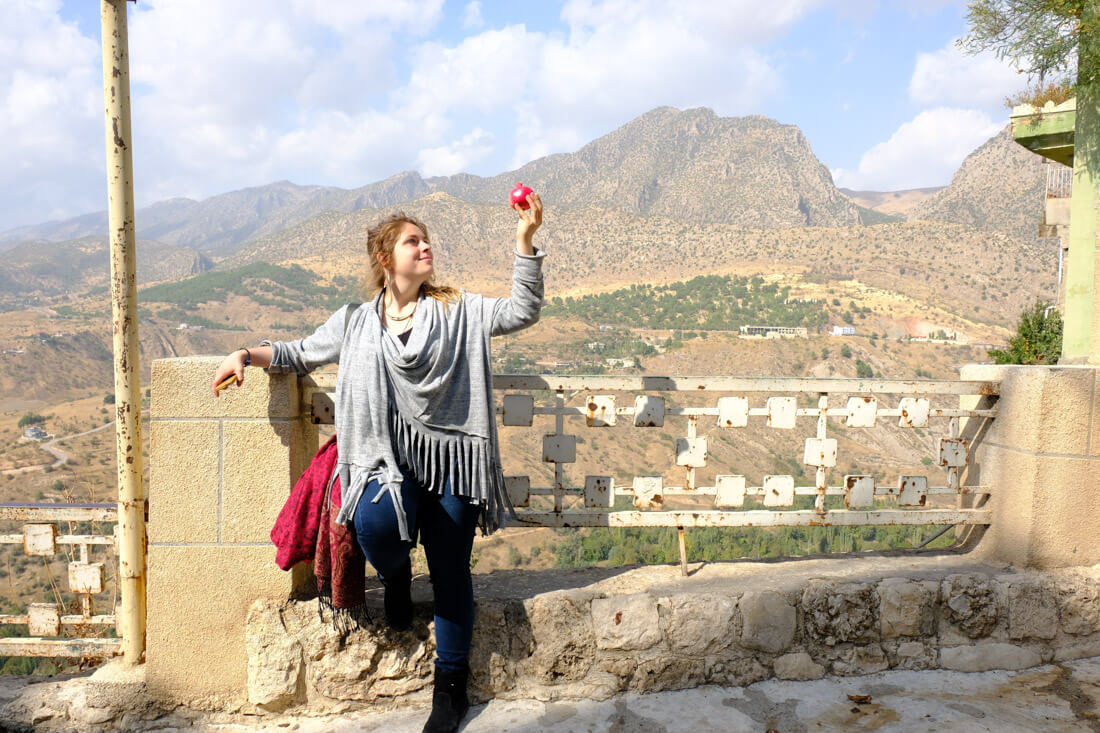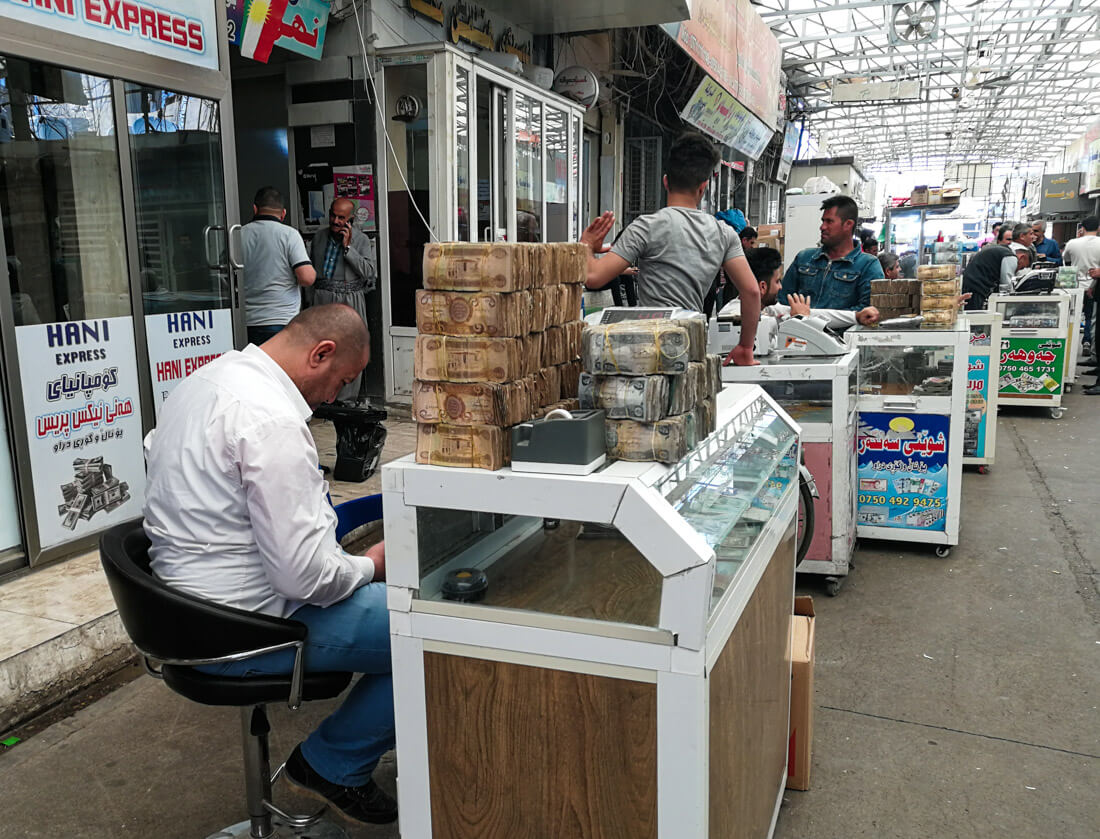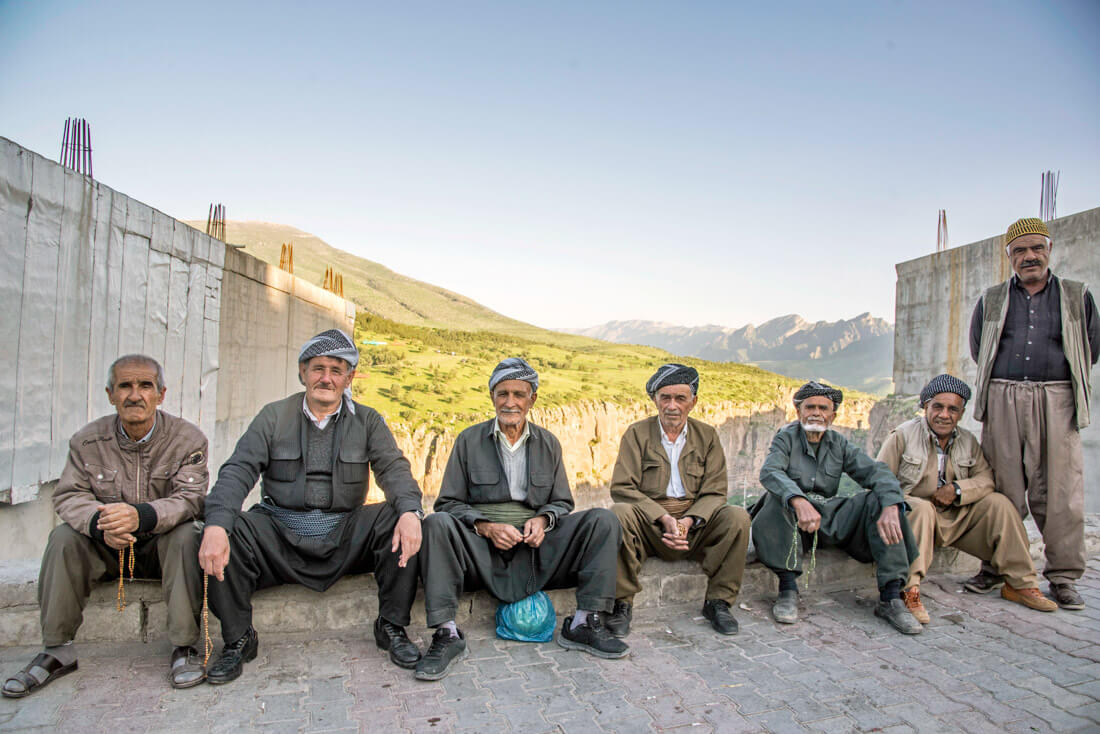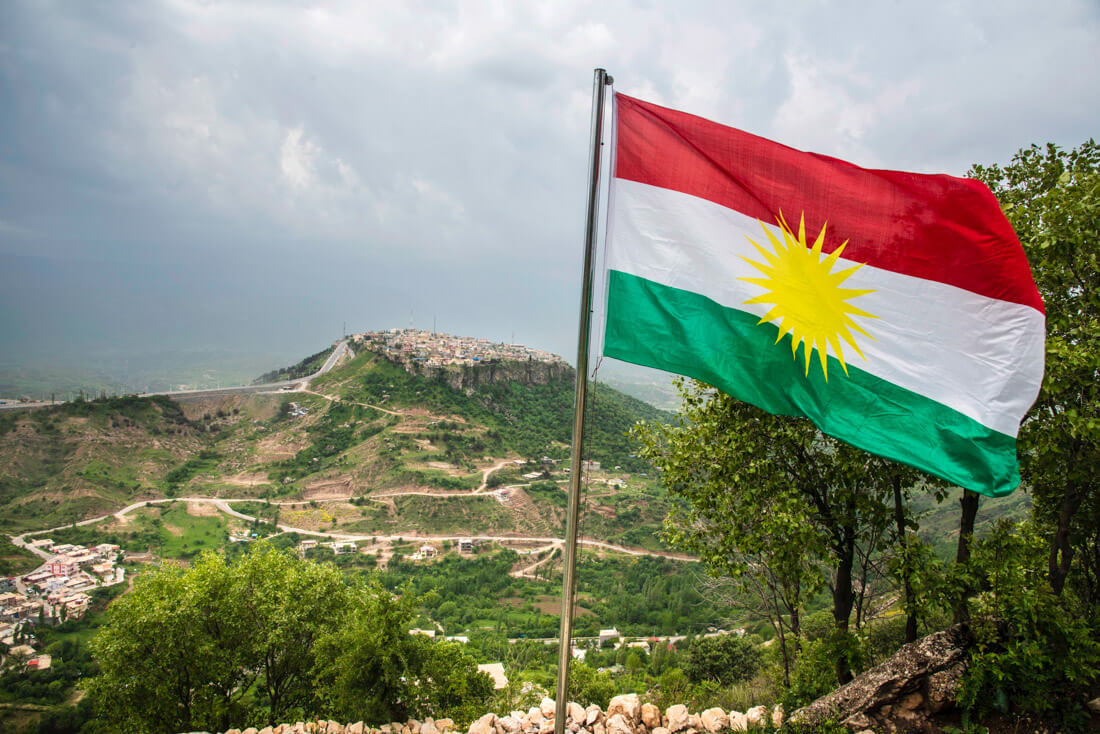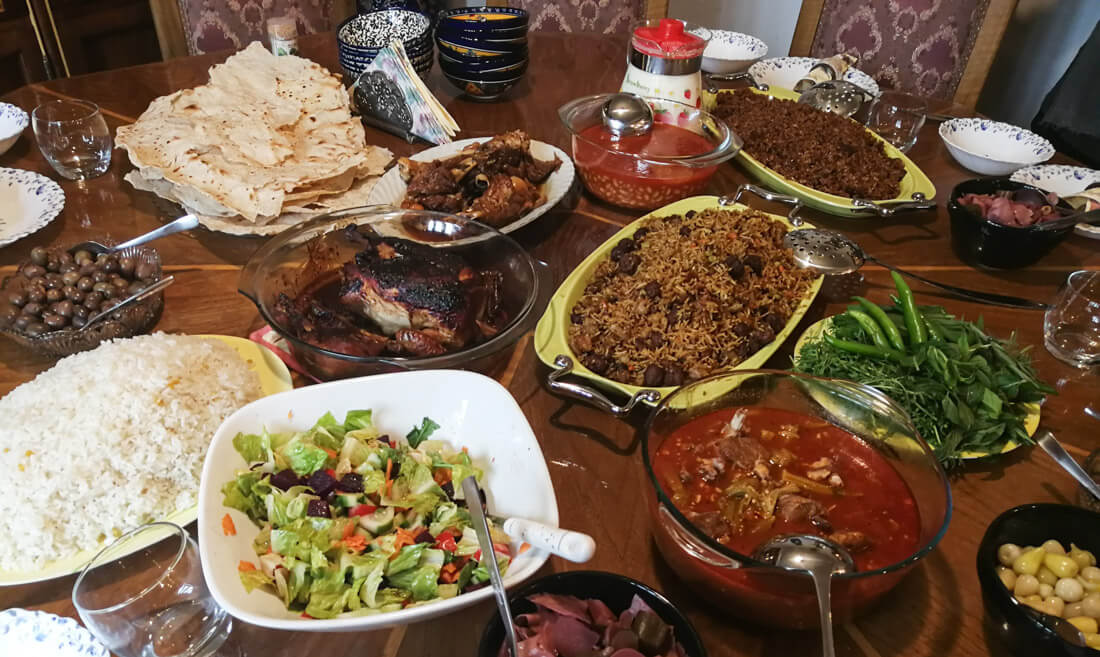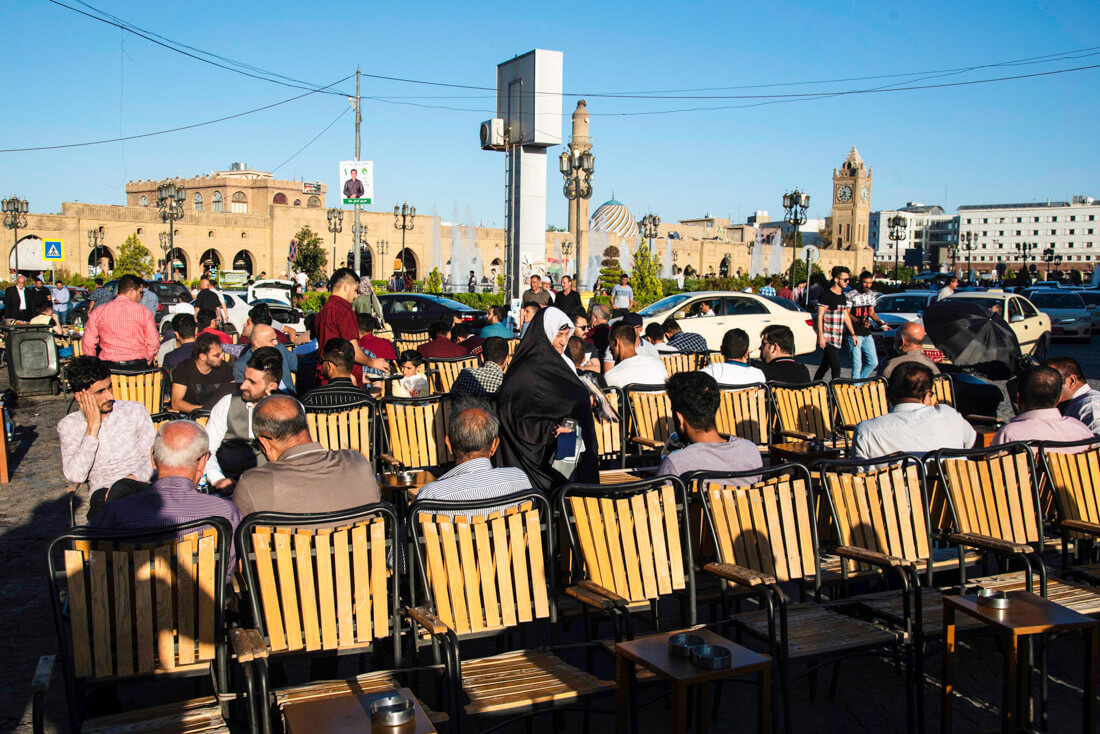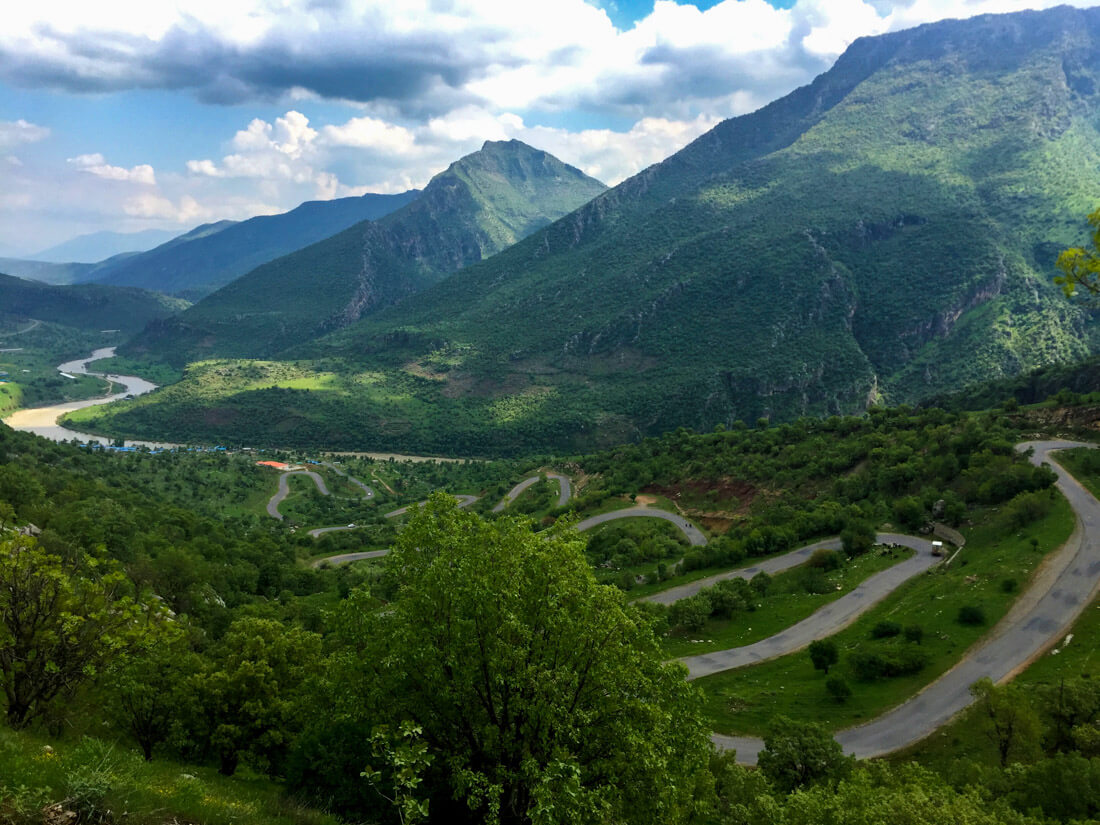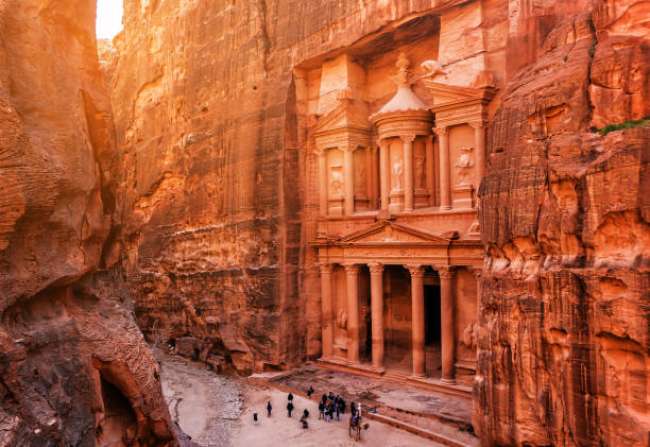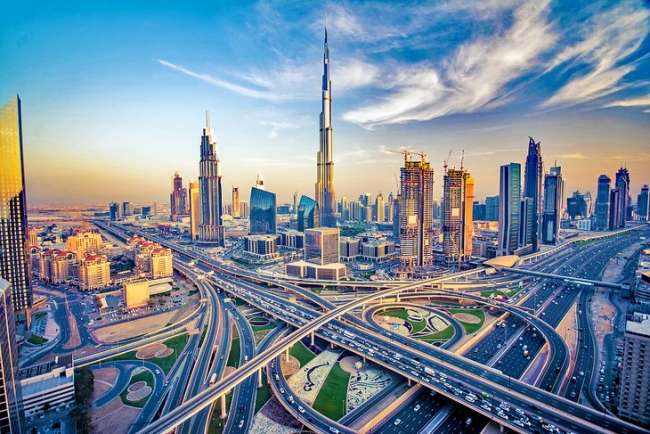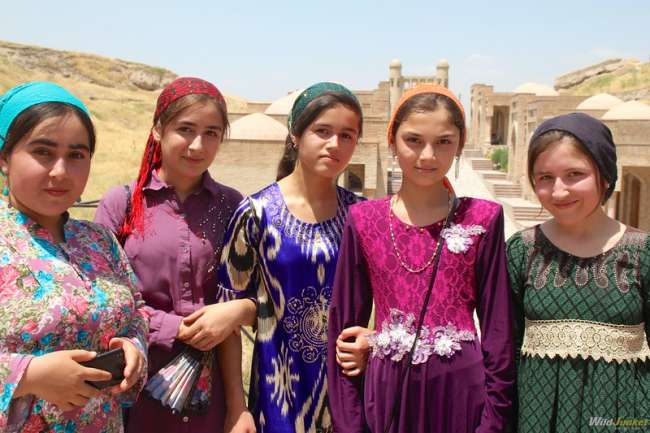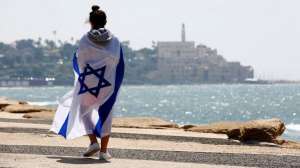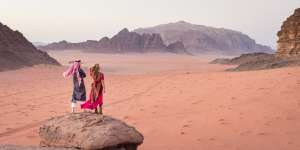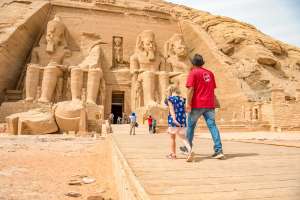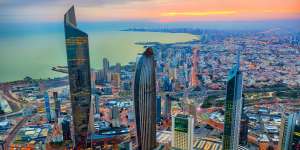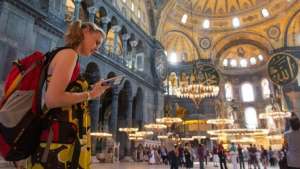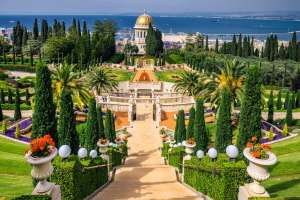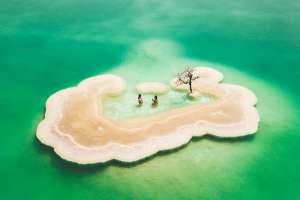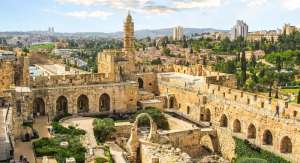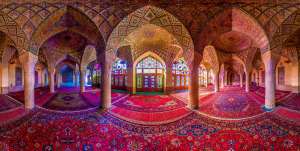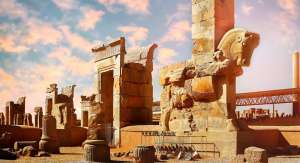Iraq, a land that once gave birth to the earliest known civilizations, holds some of the most extraordinary archaeological and cultural treasures on Earth. From the ancient realms of Mesopotamia, Sumer, and Assyria to the legendary ruins of Babylon and the towering Ziggurat of Ur, this country was once the heart of human progress. The southern city of Basra, once called the Venice of the East, whispers of its trading past, while Baghdad—the city of fables from One Thousand and One Nights—still stirs the imagination of dreamers and historians alike.
Yet, Iraq’s modern reality is far from peaceful. Decades of political turmoil, war, and instability following Saddam Hussein’s fall have left deep scars on its land and people. Much of the country remains challenging for travelers, though a region of hope endures in the north: Iraqi Kurdistan. This autonomous region has gradually opened its doors to visitors, offering a glimpse into an Iraq that is safe, welcoming, and rich in hospitality.
For most of Iraq, safety remains the biggest concern. Ongoing political tensions, sporadic violence, and an unstable security situation make travel outside Kurdistan extremely risky. Fortunately, Iraqi Kurdistan stands apart. This self-governed region, recognized for its stability and local autonomy, has become the gateway for travelers eager to explore Iraq’s beauty without fear.
Here, visitors find bustling cities like Erbil and Sulaymaniyah, rolling mountain ranges, ancient monasteries, and open-hearted locals eager to share stories of resilience and pride. While the rest of Iraq waits for calmer times, Kurdistan shows what the country once was—and what it may someday be again.
Recommends
Kurdistan
Iraqi Kurdistan is now widely seen as safe, welcoming, and full of cultural character. Travelers who come here often find a region unlike anywhere else in the Middle East—modern yet deeply rooted in its traditions, and full of genuine warmth.
-
Erbil (Hewler) – Thought to be among the oldest continuously inhabited cities in the world, Erbil feels like a place where history meets progress. Today, the skyline is dotted with glass towers, high-end hotels, and busy shopping centers, but just a short walk away, the old bazaar still thrives. Lose yourself among spice-laden stalls, sample bakla (stewed broad beans), and as the day ends, climb up to the ancient citadel. Watching the sunset while listening to the call to prayer echo across the city is one of those experiences that stays with you.
-
Halabja – This small town, known worldwide for the tragic 1988 chemical attack that killed over 5,000 people, now stands as a solemn reminder of the horrors of war. The memorial museum here preserves the stories of the victims and their families. Visiting it can be heartbreaking, but it’s an important part of understanding the Kurdish struggle and the resilience of its people.
-
Weekend Picnics – Fridays in Kurdistan are for family and nature. When the weekend arrives, the hills and riverbanks come alive with families picnicking, barbecuing, and dancing to traditional music. Travelers are often invited to join in—expect to be handed tea, bread, and perhaps a spontaneous lesson in Kurdish dancing.
-
Religious Diversity – Beyond Islam, Kurdistan is home to ancient faiths and sacred sites. In the hills near Alqosh, an old Christian monastery clings to the mountainside, silent but powerful. The Yezidis, an ancient ethno-religious group, maintain their spiritual heart in Lalish—a temple valley where rituals have been carried out for thousands of years.
-
Tea Houses and Conversation – The chaikhana (tea house) is where Kurdish life unfolds. Over steaming glasses of sweet tea, locals debate politics, share jokes, and welcome strangers like old friends. Many travelers say these tea-house encounters are the highlight of their trip—raw, unfiltered glimpses into the country’s heart.
When the rest of Iraq becomes safe...
Someday, perhaps soon, travelers may again walk freely among Iraq’s timeless wonders. Sadly, many of its museums and archaeological archives were plundered during the 2003 invasion, and countless monuments suffered irreparable damage. Still, hope persists. Restoration efforts continue, and one day these treasures will reclaim their place in the world.
When safety returns, these will be the places every traveler should see:
-
The Great Ziggurat of Ur – Over 4,000 years old, this massive stepped structure once served as a temple dedicated to the moon god Nanna. Rising from the desert sands, it remains one of the most striking relics of ancient Mesopotamia.
-
Hatra – A UNESCO World Heritage Site and the best-preserved Parthian city, Hatra’s towering stone walls and temples have survived centuries of wind, sand, and war. It offers a rare look into Iraq’s architectural genius beyond the better-known pyramids and ziggurats.
-
The Arch of Ctesiphon – Just south of Baghdad stands this incredible brick structure, the largest single-span arch ever built in the ancient world. Constructed during the 3rd century AD, it symbolizes the power of the Persian Empire that once ruled these lands.
-
Souk al-Ghazal, Baghdad – A colorful and chaotic market where traders haggle over songbirds and merchants sell everything from spices to antiques. Afterward, relax in one of Baghdad’s legendary roadside cafés—a tradition that has endured through decades of conflict.
-
Shatt El-Arab Marshes – In the far south, where the Tigris and Euphrates meet, lie the vast wetlands once home to the Marsh Arabs. Here, life floats on handmade islands and reed houses, a living testament to human ingenuity in harmony with nature.
When to go to Iraq
Iraq’s weather is defined by its extremes. Much of the country is desert, where summer temperatures can soar above 48°C under a blazing sun. The northern and eastern mountains of Kurdistan, however, offer a welcome contrast with milder, fresher air. The most comfortable months to visit are April, May, September, October, and November, when the heat eases and landscapes turn lush and green. Spring brings wildflowers across the northern hills, while autumn paints the countryside in gold.
International Airports in Iraq
Erbil International Airport (EBL) serves as the main entry point for travelers heading to Kurdistan. With flights from major cities across Europe and the Middle East, its modern terminal and one of the world’s longest runways make it the most reliable gateway into Iraq.
Baghdad International Airport (BGW) lies about 16 kilometers west of the capital’s center. While it connects the country to the outside world, flights here are often subject to heightened security measures and occasional disruptions.
Getting Around in Iraq
In Kurdistan, infrastructure is steadily improving—roads are being paved, and bus routes are expanding. Still, beyond this region, travel remains difficult and dangerous due to security risks and limited public transport. Most visitors rely on private drivers or small tour companies that operate within Kurdistan’s safe zones.
Iraq Accommodation
Erbil and Suleimaniyah offer a decent range of accommodation options, from affordable guesthouses to sleek international hotels. Many cater specifically to business travelers, NGO workers, and adventurous tourists. Outside these cities, however, hotels can be basic or nonexistent, especially in areas still recovering from conflict.
Iraq Food & Drink
Iraqi cuisine is hearty, flavorful, and steeped in tradition. Meals often center around rice or fresh flatbreads served with grilled meats, stews, and aromatic herbs. Popular dishes include shawarma (spiced meat wrapped in flatbread), bamia (a tomato and okra stew with lamb), and magouf, Iraq’s national dish—fresh river fish, marinated and slow-cooked over an open flame.
Vegetarians need not worry. Though meat dominates the cuisine, there’s an abundance of grilled vegetables, beans, lentils, and dairy-based dishes. The street stalls in Kurdistan serve delicious falafel, bean stews like bakla, and tangy yogurt dips that pair beautifully with warm bread.
Tea remains the drink of choice—served strong, sweet, and endlessly refilled. Fresh fruit juices are widely available, and in more liberal areas, alcohol can be found in hotels and select restaurants.
50 Useful Tips for Traveling to Iraqi Kurdistan
The autonomous Kurdish region is unlike anywhere else in Iraq—it’s not a barren war zone but a vibrant, mountainous land full of history and character. Over recent years, Kurdistan has successfully defended its borders and maintained peace, allowing tourism to slowly flourish.
For travelers seeking something far from the typical tourist trail, Kurdistan offers a rare blend of adventure and authenticity. It’s one of the safest regions in the Middle East and home to people renowned for their warmth, generosity, and resilience. From meeting former Peshmerga soldiers to volunteering in refugee camps, hitchhiking across rugged valleys, or sharing meals with families who’ve endured decades of hardship, a journey here can be profoundly rewarding.
Having visited Kurdistan multiple times, seasoned travelers have compiled invaluable advice—50 practical tips—to help others explore safely, respectfully, and fully.
COVID-19 Travel Restrictions for Iraqi Kurdistan
As of recent updates, entry regulations in Iraqi Kurdistan are straightforward but can change depending on global conditions.
-
Travelers must present a negative PCR test taken within 72 hours of arrival.
-
Upon landing, a second PCR test is required at the airport (fee around $50 USD). Passports are temporarily held until results are issued the following day, though visitors may move freely within Erbil during that time.
-
A negative test result is also required for departure and can be obtained at authorized medical centers like Zanko Health Center in Erbil.
Health precautions continue to be enforced periodically, so it’s advisable to check for updates before flying.
A Few Quick Tips Before Traveling to Kurdistan
Before setting foot in Iraqi Kurdistan, it’s worth taking a moment to understand what makes this place unique. While it shares some cultural roots with the rest of Iraq, its identity, governance, and daily life feel entirely different. Visitors are often surprised by how organized and welcoming this region is, and with a bit of preparation, you’ll find travel here remarkably smooth and rewarding.
1 – What to Do in Kurdistan
If you’re wondering what could possibly draw travelers to this region, the answer is simple: variety and depth. Kurdistan offers an extraordinary mix of history, landscape, and culture. You can explore ancient ruins and monasteries one day, visit a refugee camp or local charity the next, and end the day hiking through mountains or sharing a meal with locals.
For adventurers, there’s trekking through canyons near Rawanduz and Dukan Lake; for history lovers, Erbil’s citadel and Lalish Temple provide insight into civilizations that have endured for millennia. And for those who value human connection, Kurdistan’s people are perhaps its greatest treasure—open, proud, and unguardedly kind.
2 – When to Visit Iraqi Kurdistan
Spring (March to May) and autumn (September to November) are the ideal months for travel. The weather is mild, the landscapes are green, and the mountains bloom with color. Winter can bring snow to northern areas like Dohuk and Amedi, while summer can be quite hot, particularly in lowland areas. However, compared to the southern parts of Iraq, Kurdistan’s climate is gentler, making it suitable to visit most of the year if you plan accordingly.
3 – Iraqi Kurdistan Is an Autonomous Region
This is one of the most important things to understand. Though it lies within Iraq’s borders, Kurdistan operates almost as a separate nation. It has its own regional government (the KRG), military forces (the Peshmerga), parliament, and immigration controls. They even issue their own entry stamps upon arrival at airports.
This autonomy is the key reason Kurdistan remains safe and stable while much of Iraq continues to face challenges. Events that occur in Baghdad or Basra rarely impact life here. In practice, Kurdistan feels more like a small, proud nation than a province of Iraq.
Visa for Traveling to Kurdistan
4 – Many Western Nationalities Get a Free Visa on Arrival
Citizens of countries such as the United States, Canada, Australia, Japan, South Korea, Brazil, and most EU nations can obtain a 30-day visa on arrival at both airports and land borders. You’ll receive a simple passport stamp without lengthy questioning or forms.
Update (2025): The Kurdistan Regional Government now charges a $70 visa fee on arrival for most travelers. This policy occasionally changes, so it’s best to confirm before traveling.
5 – For Others, the Visa Process Can Be Lengthy
Travelers from countries outside the approved list must apply through the nearest Iraqi embassy or contact the KRG representation abroad. The process may require background checks and supporting documents, so plan well ahead.
6 – Kurdistan Visas Don’t Allow Entry to Arab Iraq
A crucial point: your Kurdistan visa is valid only within the autonomous region. It does not permit travel to Baghdad, Basra, or Mosul. Attempting to cross southwards will result in being turned away at military checkpoints. Even Mosul, though geographically close, is considered part of “Arab Iraq” and off-limits under this visa.
(Intersection to Mosul, Baghdad, and Kirkuk — a reminder that the two Iraqs operate differently)
Travel Insurance for Iraqi Kurdistan
7 – Avoid Standard Insurance Policies
Because most governments officially advise against travel to Iraq, many mainstream insurance companies exclude the country entirely. Regular policies typically won’t cover medical care, accidents, or theft here.
8 – Specialized Insurers Cover High-Risk Destinations
Certain travel insurance providers now include Iraq (specifically Kurdistan) in their policies, focusing on adventurous destinations. These plans may be slightly more expensive but provide essential coverage. When choosing, confirm that “Iraq” or “Kurdistan Region” is explicitly mentioned in their list of covered areas.
How to Get to Iraqi Kurdistan
9 – By Air
Kurdistan is connected to the world through two international airports—Erbil and Sulaymaniyah. Most travelers arrive via Erbil, which is modern, efficient, and far less chaotic than expected. Budget-friendly routes include flights from Istanbul with Pegasus Airlines and from Dubai with FlyDubai. Several European and Middle Eastern airlines also operate seasonal services.
10 – By Land
If you prefer overland travel, you can enter Kurdistan through Turkey or Iran. The Iranian border (notably through Bashmakh) is generally smooth, with minimal delays. In contrast, the Turkish border (Ibrahim Khalil crossing near Zakho) tends to be stricter, with longer waiting times and more security inspections. Always ensure you have valid travel documentation and carry patience—it’s part of the adventure.
(The main square of Erbil — a central hub of Kurdish culture and modern life)
Books for Traveling in Iraqi Kurdistan
11 – Iraq Travel Guide by Bradt
The Bradt Guide remains the gold standard for travelers to Iraq. It’s detailed, practical, and includes in-depth coverage of Kurdistan—its history, culture, and logistics. The authors worked closely with locals to ensure accuracy, making it a valuable companion for anyone traveling off the beaten track.
12 – The Rise of the Islamic State by Patrick Cockburn
Written by one of the world’s leading Middle East correspondents, this book offers a clear-eyed view of how groups like ISIS emerged and how they shaped Iraq and Kurdistan’s modern identity. It’s not just a historical account—it provides vital context for understanding today’s security dynamics and the Kurdish struggle for stability.
Is It Safe to Travel to Iraqi Kurdistan?
13 – Conflict in Iraq Rarely Touches Kurdistan
The violence that dominates global headlines about Iraq largely occurs in the southern and central regions. Kurdistan, by contrast, has remained largely untouched since 2014, when the last major attack occurred in Erbil. In fact, cities like London or Paris have experienced more terrorism incidents than Kurdistan in the past decade.
14 – But the Region Remains Volatile
While Kurdistan is stable, it sits in a sensitive neighborhood. Its peace relies heavily on strong internal security and the vigilance of the Peshmerga forces. Situations can change quickly, so staying informed through official channels and local contacts is always wise.
15 – Expect Military Checkpoints
Travel between cities involves passing through numerous military checkpoints run by the Peshmerga. They are courteous and professional, especially with foreign visitors, but they take their duty seriously. If you’re traveling with Iraqis from outside Kurdistan, expect slightly longer inspections.
16 – Crime Is Astonishingly Low
Kurdistan enjoys some of the lowest crime rates in the region. Locals often leave valuables unattended without worry, and incidents of theft are extremely rare. For solo travelers, including women, it’s among the safest places to wander freely, even after dark.
(Old tanks from Saddam Hussein’s regime on display in Sulaymaniyah — a haunting reminder of resilience)
Solo Female Travel in Iraqi Kurdistan
Kurdistan stands out as a remarkably safe region for solo women travelers. Street harassment is almost nonexistent, and locals—especially families—go out of their way to make women feel comfortable. Many visitors find it safer here than in popular destinations like Egypt or Morocco. Respect modest dress codes and local customs, and you’ll be welcomed everywhere with kindness.
(Andrea from “Hunting Rarities” exploring the scenic town of Amedi)
Money When Traveling in Kurdistan
17 – The Official Currency: Iraqi Dinar
The currency used throughout both Iraq and Kurdistan is the Iraqi Dinar (IQD). Its value fluctuates slightly, but as of 2025, the exchange rate generally hovers around 1,300–1,350 IQD for one U.S. dollar. Despite the political complexities of the region, currency exchange is surprisingly stable, and you’ll find plenty of places willing to trade cash.
18 – Money Exchange
Exchanging money is quick and easy in most cities, especially in Erbil and Suleimaniyah. You can exchange U.S. dollars, euros, and pounds sterling almost anywhere, often with competitive rates and no commission fees. Many exchange offices operate late into the night, a reflection of the city’s lively rhythm.
19 – Street Money Changers
You’ll often notice open-air money exchange stalls—simple tables piled high with cash, often with no security guards or bulletproof glass. At first glance, it feels risky, but crime here is remarkably low. It’s a symbol of the deep trust and social cohesion that characterize Kurdish society.
20 – Credit Cards and ATMs
Foreign credit cards are accepted at some hotels and upscale establishments, but don’t rely on them. Cash is still king. ATMs are easy to find in large cities and will usually accept Visa and Mastercard. Just be aware that some may run out of cash or go offline, so always keep a decent amount of money on hand.
21 – The Cost of Traveling in Iraqi Kurdistan
Kurdistan isn’t as cheap as neighboring countries like Iran or Turkey, but it’s still quite affordable compared to Western destinations. Prices vary between cities, but here’s a general idea:
-
Budget hotels: 20,000–25,000 IQD ($16–21)
-
Local fast food (shawarma or falafel): around 1,000–1,200 IQD ($1)
-
A sit-down meal: 5,000–8,000 IQD ($4–7)
-
Beer: 1,200 IQD ($1) from a store, or around 10,000 IQD ($8–9) in a bar
-
Taxi rides within cities: 3,000–5,000 IQD ($2–4)
-
Shared taxi between major cities: 15,000 IQD ($12) for routes like Erbil to Sulaymaniyah
Prices may fluctuate, but overall, you can live comfortably on a moderate budget while enjoying a rich cultural experience.
(An outdoor money exchange stall — a sight that reveals Kurdistan’s calm trust and safety)
The Kurds, Their Culture, and Their Homeland
22 – The Kurdish People Are Spread Across Four Nations
Kurdish communities are divided among Iraq, Iran, Turkey, and Syria. Of these, the Iraqi region enjoys the greatest autonomy and political stability. This division traces back to the aftermath of World War I, when colonial powers redrew borders without considering ethnic lines—a legacy that still shapes regional tensions today.
23 – Kurds Are Not Arabs
Kurds form a distinct ethnic group, linguistically and culturally closer to Persians than to Arabs. Their heritage, music, traditions, and sense of identity are uniquely Kurdish. Calling a Kurd an Arab is considered disrespectful—not out of hostility, but because they take immense pride in their separate identity.
24 – Kurdish Is the Main Language
The Kurdish language, part of the Indo-Iranian family, is the region’s official tongue. There are two main dialects: Sorani (spoken in the south and east) and Kurmanji (spoken in the north and west). You’ll also hear Arabic, Turkish, and a little Persian, reflecting centuries of intertwined histories.
25 – Younger Generations Rarely Speak Arabic
After the traumatic events under Saddam Hussein’s regime, Arabic was removed from most Kurdish school curriculums. Today, few people under 30 speak it fluently. This linguistic shift reflects both independence and healing—a determination to preserve Kurdish identity through language.
26 – English Is Common Among the Young and Educated
In the main cities, you’ll meet many people who speak decent English, especially students and professionals. Outside urban areas, communication might require hand gestures or a translation app, but locals are patient and genuinely eager to help.
27 – Relations With Arabs Can Be Strained
While many Kurds distinguish between politics and personal relationships, tensions linger from decades of oppression under Arab-dominated governments. In some rural areas, locals remain distrustful of Arabs. Travelers will notice this divide in conversations, but it rarely affects foreigners directly.
(Locals in Rawanduz — the spirit of Kurdish resilience and pride is visible everywhere)
28 – Religion in Kurdistan
Most Kurds are Sunni Muslims, yet religion here is practiced with a relaxed, tolerant attitude.
29 – A Liberal Approach to Faith
After the brutal campaigns of Saddam Hussein’s era—many of which were waged “in the name of God”—a large portion of Kurds distanced themselves from strict religiosity. Today, the atmosphere feels far more liberal than in most Middle Eastern regions. You’ll find women wearing jeans beside others in hijabs, and open discussions about faith that would be rare elsewhere.
30 – Coexistence With Other Religions
Christianity thrives in Erbil’s Ankawa district, while Yazidis, Zoroastrians, and smaller faith groups maintain ancient traditions in nearby villages. The peaceful coexistence among these communities gives Kurdistan a distinct openness and spiritual diversity.
31 – Kurdish Hospitality
Visitors to Kurdistan quickly realize that hospitality isn’t a custom—it’s a way of life. Invitations to homes, shared meals, and spontaneous gifts of tea are common. Refusing such warmth can even seem impolite. The genuine curiosity and generosity of the Kurdish people often turn short visits into lifelong memories.
32 – The Most Developed Part of Iraq
Kurdistan’s relative stability has allowed it to flourish economically. It manages several major oil fields, controls vital trade routes with Turkey and Iran, and has built up strong infrastructure. Erbil, in particular, feels more like a booming small nation than a post-war region.
33 – A Desire for Independence
The dream of an independent Kurdish state remains alive. In 2017, over 90% of Kurds voted for independence in a referendum, but international pressure and opposition from Baghdad forced the government to halt the process. The pride, however, endures—you’ll see the Kurdish flag flying high in nearly every town, village, and shop.
(The Kurdish flag waving proudly over Amadiya — a symbol of enduring national spirit)
The Food in Iraqi Kurdistan
34 – The Reign of Shawarma
If Kurdistan had an unofficial national fast food, it would be the shawarma. These meat-filled wraps are everywhere—cheap, quick, and wildly popular. That said, eat too many, and you may start craving variety! For vegetarians, falafel stands are a good alternative, offering freshly fried chickpea patties wrapped with vegetables and tahini.
35 – Kebabs and Local Eats
Kebabs are also common, and when you find a good place, the flavor is unforgettable—juicy grilled meat, often paired with rice or flatbread. Local eateries serve generous portions, usually including beans, rice, and roasted meats. Prices vary, but even high-quality meals remain reasonably priced compared to Western standards.
36 – Home-Cooked Meals Are the Best
The richest experiences come from sharing a home-cooked meal. Kurdish families often prepare huge feasts when hosting guests, combining lamb, chicken, and rice dishes seasoned with fragrant spices. Expect multiple courses, endless bread, and warm laughter. It’s impossible to leave a Kurdish home hungry—or without a few new friends.
(A typical Kurdish feast — a generous spread of rice, stews, and roasted meats shared among guests)
Drinking Alcohol in Kurdistan
38 – Alcohol Is Easy to Find
Unlike most of Iraq, Kurdistan has no prohibition on alcohol. Liquor stores and bars are widespread, particularly in Erbil and Sulaymaniyah. Beer, wine, and imported spirits are all available, making it one of the few places in the region where social drinking is relatively common.
39 – Drinking in Public
While drinking alcohol is legal, public consumption is a gray area. In practice, many locals enjoy beer in parks or quiet spots without issue, though occasionally police may ask drinkers to be discreet. As a rule, enjoy your drink respectfully, and avoid drawing unnecessary attention.
40 – Prices
In supermarkets, beer costs roughly a dollar a can, while bars charge up to ten times that price. For travelers on a budget, stocking up at stores is the smarter option.
41 – Tea and Café Culture
Tea—chai—is the backbone of Kurdish social life. It’s served strong, sweet, and almost constantly refilled. Cafés range from simple street-side tea houses to modern coffee shops, and they’re the perfect places to observe daily life, meet locals, or simply rest after a day of exploring.
(A tea house in Erbil — the timeless center of conversation and community)
Transportation in Kurdistan
42 – Buses
Public buses exist but are usually small minibuses that connect only major towns. They’re affordable but slower than shared taxis. For short distances within cities, taxis or walking are more efficient.
43 – Shared Taxis
Shared taxis are the main mode of intercity transport. They’re reliable, frequent, and faster than buses. Passengers share costs, making it a cost-effective way to travel long distances.
44 – Hitchhiking
Hitchhiking is surprisingly safe and common among travelers in Kurdistan. Locals are generous and curious, often offering rides, meals, or even detours to help you reach your destination. Be patient, as not everyone will stop, but those who do will likely become part of your story.
(Mountain roads of Kurdistan — breathtaking routes where adventure meets kindness)
Internet and SIM Cards
45 – Wi-Fi
Internet access is generally good in urban areas. Hotels, cafés, and even tea houses often provide free Wi-Fi, though speeds vary. You’ll have little trouble staying connected in major towns.
46 – SIM Cards and Data
Buying a SIM card is easy at Erbil or Sulaymaniyah airports or in local stores. Companies like Korek and Asiacell offer prepaid plans, though data remains relatively expensive. Expect to pay around $15 for 5GB. Coverage across the region is solid, even in rural valleys.
Accommodation in Iraqi Kurdistan
47 – Couchsurfing
Couchsurfing is alive and well in Kurdistan. Many locals, especially in Erbil and Sulaymaniyah, enjoy hosting travelers as a form of cultural exchange. Outside major cities, it’s rarer, but spontaneous hospitality often fills the gap.
48 – Budget Hotels
Affordable hotels start at around $12–15 per night, though these can’t always be booked online. Basic but clean, they’re great for travelers comfortable with simple conditions.
49 – Mid-Range and Luxury Hotels
In big cities, high-end hotels cater to business travelers and diplomats. International chains operate in Erbil, offering modern comforts and reliable services. Prices are moderate by Western standards.
50 – Important Caution: Drones
Travelers carrying drones should be extremely cautious. Kurdish authorities strictly prohibit drone use due to security concerns. Even possessing one can lead to arrest or interrogation. Hide it well or, better yet, leave it behind.
51 – Visiting Refugee Camps
Some refugee camps near Erbil and Dohuk allow visits, but only with local contacts or official permission. These visits can be eye-opening experiences that reveal both the humanitarian challenges and the incredible resilience of the people.


